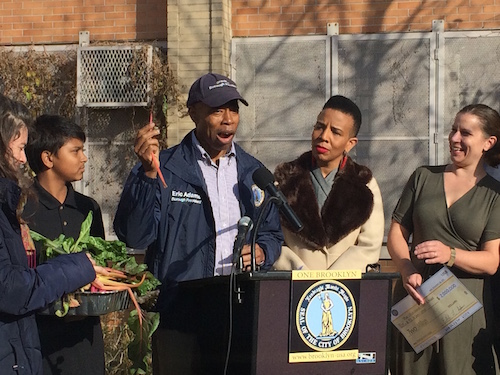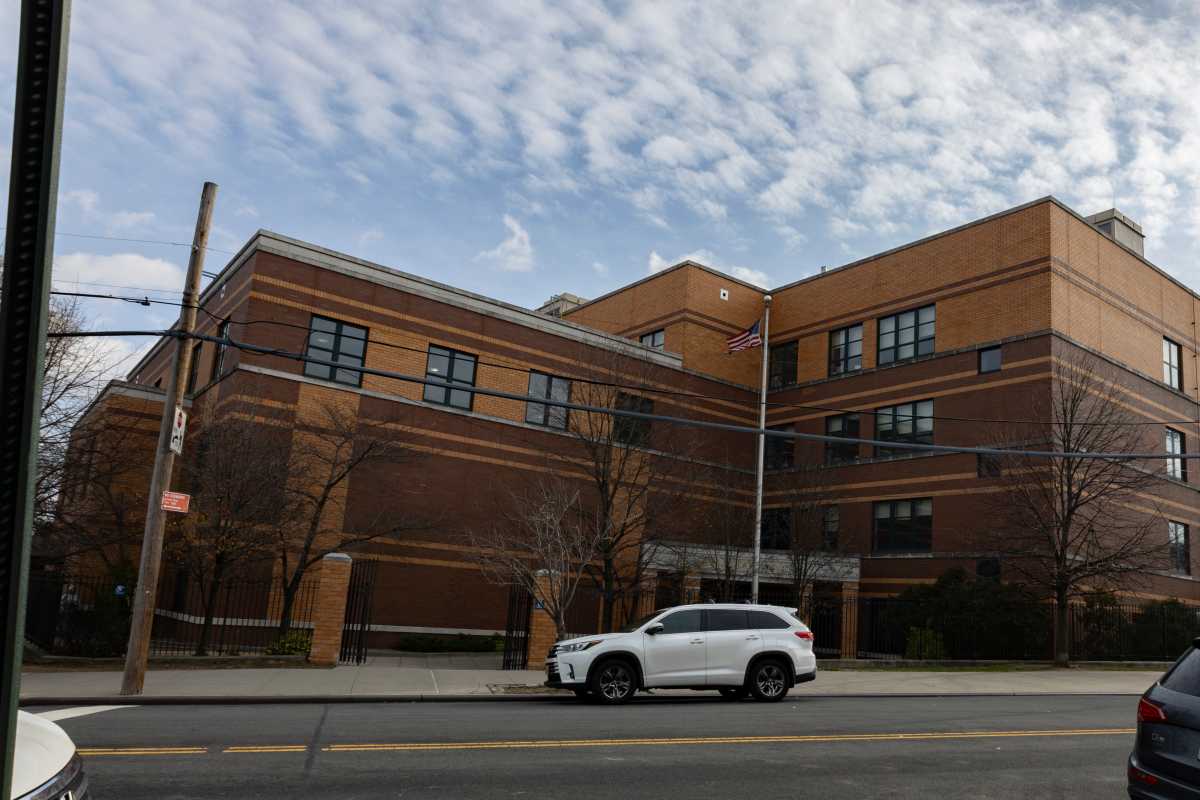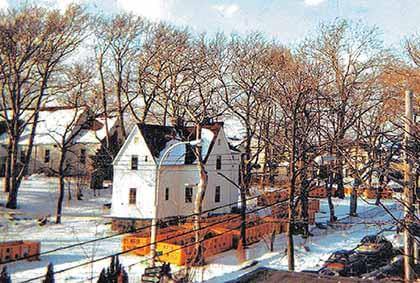Eating good in the neighborhood is no longer going to be a problem for the kids at a Clinton Hill school in Brooklyn any longer.


Brooklyn Borough President Eric L. Adams joined by City Councilwoman Laurie Cumbo (D-Fort Greene, Clinton Hill, Prospect Heights, Crown Heights) unveiled plans for a state-of-the-art school greenhouse at co-located P.S.56 Lewis H. Latimer and Urban Assembly Unison School in Clinton Hill earlier today.
The greenhouse is part of Adams’s $7 million capital budget investment (FY18) toward his “Growing Brooklyn’s Future” initiative, which has brought cutting-edge technology to cultivate urban farming education in classrooms across the borough. The new greenhouse will have a growing capacity of 25,000 pounds of produce annually and is funded to the tune over $3 million through a partnership between Adams and Cumbo’s offices.
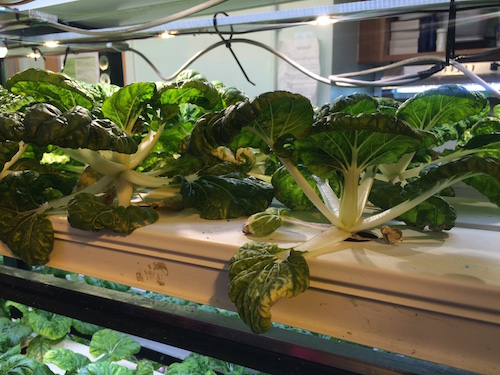
“In order to change the health outcomes our young people are facing and that we don’t make the same mistakes of the past we must unlearn what we learned. This starts with our youngest Brooklynites, the future of this borough. It is an injustice when our children are eating food that is not going to contribute to them understanding difficult and complex environments they are a part of. There is no reason that in affluent communities you have Whole Foods and in other communities you have junk food,” said Adams.
Adams is hoping the program will not only enhance the eating habits of the students at P.S.56 but will improve the lives of friends and family members of the students at the school while also bringing healthy food options to the neighborhood.
“I asked some of the young people prior to the program if they ever ate vegetables and many said no, that they wouldn’t eat them and that they would rarely have a salad but now that they are involved in the process of growing vegetables, they add them to their everyday diet. These young people are learning about the nourishing value of these vegetables that can bring down obesity rates, bring down asthma rates, bring down diabetes rates and bring down long-term healthcare issues, said Adams.
Additionally, the investment will expand the initiative to seven new schools including to children in Brownsville, Bedford-Stuyvesant and Sheepshead Bay.
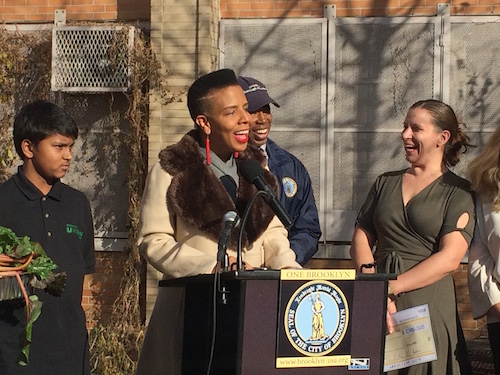
Cumbo was quick to note that her recent journey into motherhood has made her naturally more conscious of the foods on her plate and more likely to reach for healthier options.
“But I’m changing my habits as well. As a new mom and a mom that is breastfeeding, I am so much more charged to eating healthy and to eating the right foods because if you don’t eat the right foods, you can’t produce the food for your child,” said Cumbo.
The urban farming program was initially brought to the school four years ago by Katherine Soll, CEO/Director of Teens For Food Justice a city-wide organization that works to train youth to become urban farmers by teaching students how to build and maintain indoor hydroponic farms.
“This program really came out of a shared vision over the concern of how we collectively were going to feed a growing planet with shrinking resources and address the whole issue of food insecurity and the inequality of food allocation in cities. Our thought was, why is it that only high-end expensive stores have access to hyper-local healthy food, whereas so many communities don’t have access to produce at all,” said Soll.
Soll’s ultimate goal is that every individual have equal, affordable access to healthy food. Currently P.S. 51 has a third floor classroom farm that is growing, swiss chard, lettuce, tomatoes and cucumbers and even home to a tilapia named Maybelline.
Zahid Mohammed, an 8th grader at Urban Assembly, is the epitome of the change growing food in the classroom can have on a child’s perspective of fruits and vegetables.
“This program has taught me a lot about myself. To be honest, I use to hate tomatoes and now tomatoes are one of my favorite vegetables,” said Mohammed.


